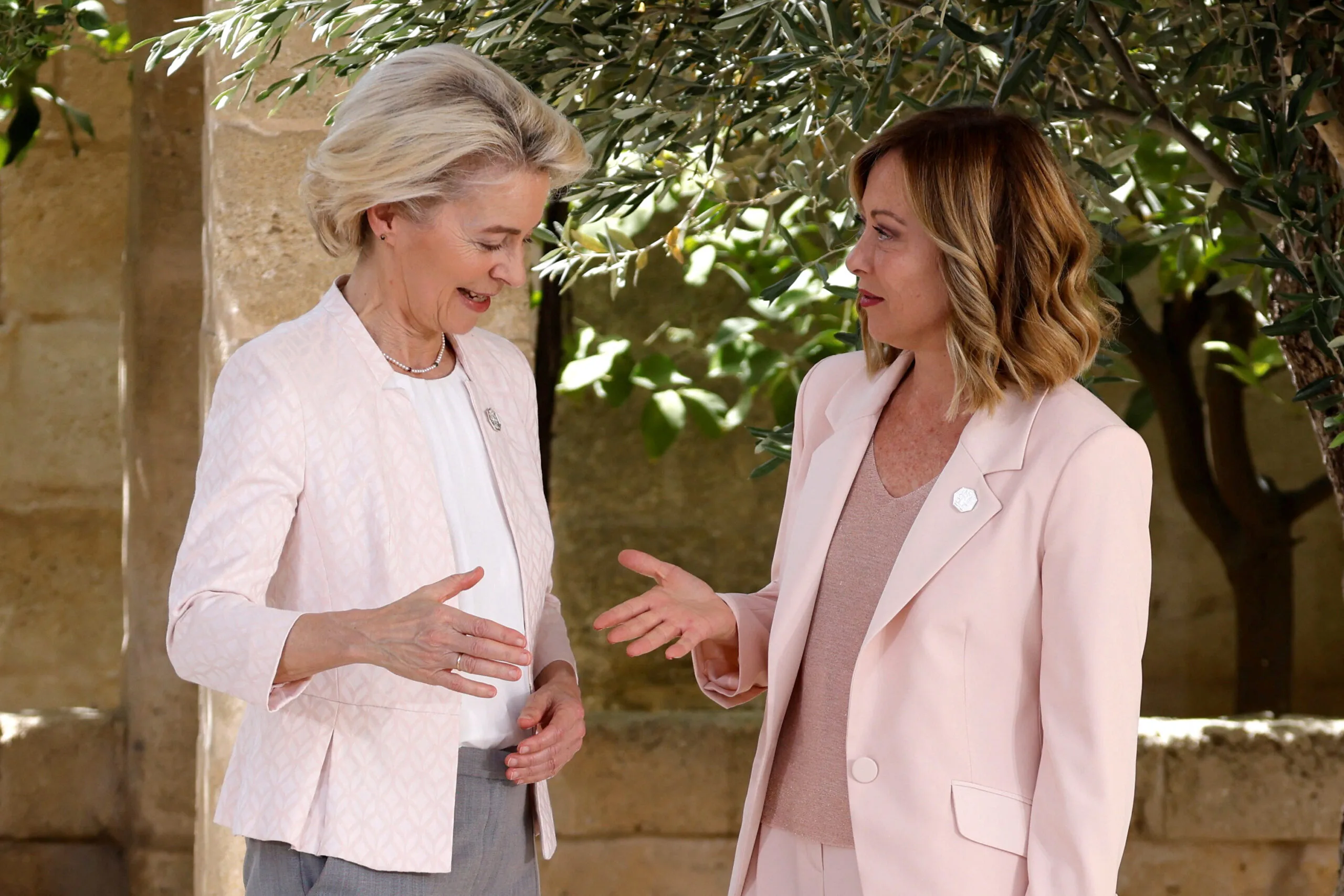Brussels – Let sleeping dogs lie. One step away from confirmation as President of the European Commission, Ursula von der Leyen decides not to risk upsetting those she has to knock for votes. So it’s better to postpone the adoption of the yearly report on the rule of law in member countries, an axe to grind on the authoritarian attitude of some governments, until after the vote that, according to the calendar, the European Parliament may hold to elect the new leader of the EU executive on July 18.
Tentatively scheduled for July 3, the publication of the European Commission survey has been postponed to July 24. This is certainly not the first time that the College of Commissioners’ agenda has been changed: as the Commission’s chief spokesman, Eric Mamer, already explained a few days ago, “It’s up to the heads of the cabinet, in their weekly meeting, who determine the agenda (of the College of Commissioners, Ed.) based on whether the work is sufficiently advanced or not.” Nevertheless, the context and timing suggest a purely political reasoning behind postponing the rule of law report.

In fact, on July 24, the games for the nominations of the top jobs in the European institutions may have already been closed. The heads of state and government are expected to choose the next leaders at the European summit on June 27-28, when the EU Parliament could already vote during its inaugural session, scheduled for July 16–19. Von der Leyen is on the hunt for the votes that could guarantee her an encore: because of the bogeyman of possible turncoats in the majority composed of Populars, Socialists, and Liberals, the EPP candidate is winking to the right, primarily to the President of the European Conservatives and Reformists group, the Italian Premier Giorgia Meloni.
Some European Commission officials have reportedly confided to Politico that the report will not spare harsh criticism of the Italian government and the crackdown on media freedom since Meloni has been sitting in Palazzo Chigi, and also revealed that the request to postpone its publication would come from the President’s cabinet. “Delaying the publication of the rule of law report to make it a bargaining chip for the next appointments would mean trampling on European values. I hope that a clear and credible denial arrives urgently,” the Italian National Press Federation President, Vittorio di Trapani, commented.
Incidentally, the FNSI, along with several international media unions, had sounded the alarm about the Meloni government’s attacks on the press as early as mid-May, asking the European Commission to launch an investigation and check compliance with EU media freedom law. The investigation did not come, and neither did the denial of von der Leyen’s political move. Instead, the confirmation of the postponement of the publication of a report that could put several EU governments in the dock.
English version by the Translation Service of Withub






